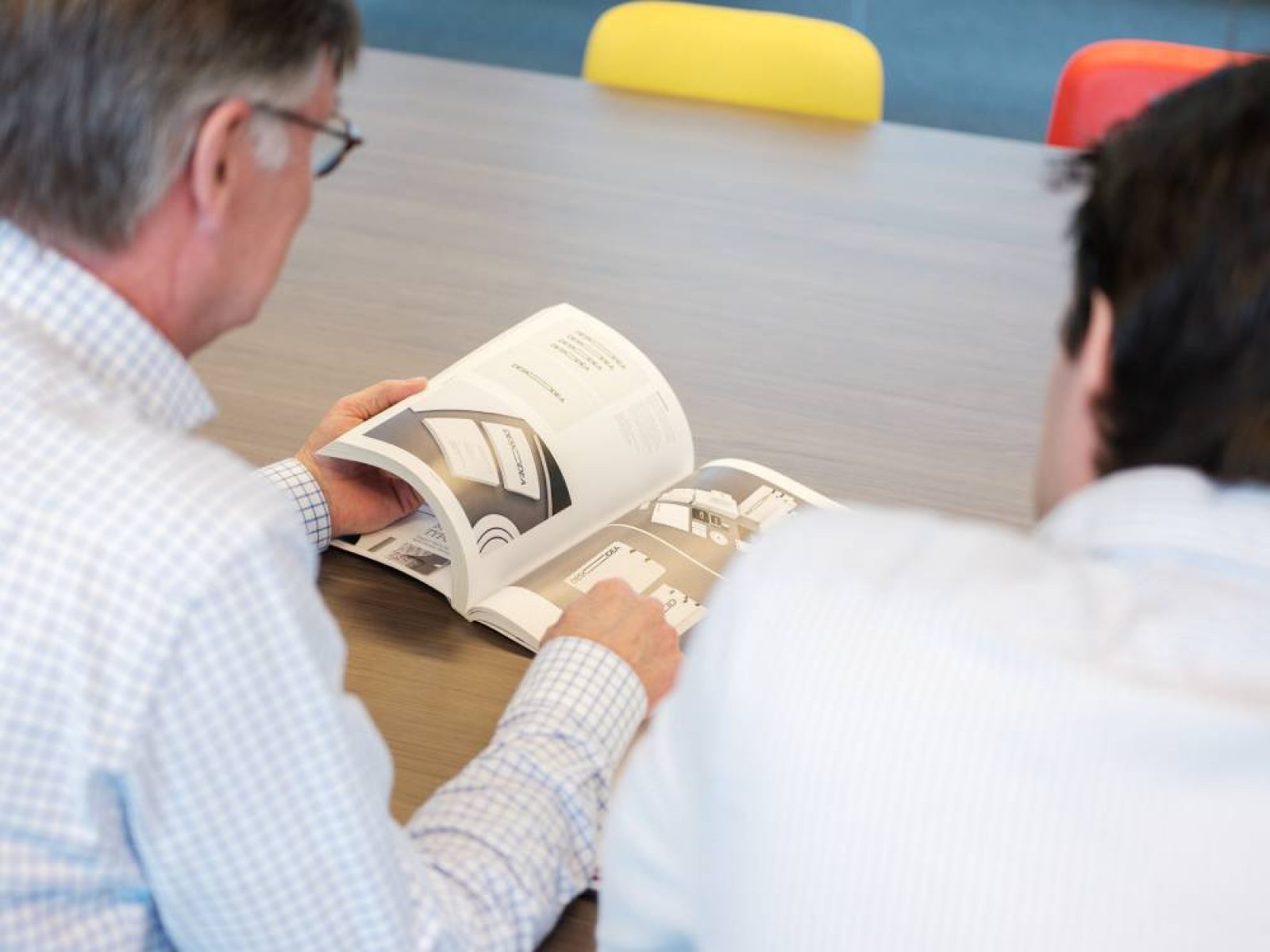What is copyright?
Are you the creator of a work? Then you have the copyright, provided that such work meets certain requirements. The work should:
- Have its own original character
- Carry the creator’s personal stamp, his/her creative choices should be clearly visible in the work
- Be sufficiently identifiable in a clear and precise manner.
Does a work made by you meet these requirements? Then you are the owner of a work protected by copyright.
Who is the holder of a copyright?
The creator of a work is the holder of the copyright of that work. However, there are many exceptions to this rule. For example: if your logo, branding or packaging been created by an advertising agency, then the advertising agency could be the owner of the copyright of these works. If you want full ownership, you can request the advertising agency to transfer the copyrights to you in writing. Another example: when one of your employees designs something as part of his or her job. In this example the copyright is yours as the employer. Is there any confusion about who is the holder of a copyright? Please contact one of our experts.
Copyright sign as a warning
It is not mandatory to furnish your work with the © sign. However, by using this sign you make clear that this work is protected by copyright. You can thus consider it as a warning sign for others and as such, we advise you to include the following on your work:
- the copyright sign ©;
- the name of the right holder;
- the year of the first publication.
Duration of a copyright
Copyright expires 70 years after the creator of the work passes away, which is calculated from January 1st of the year following the creator’s death. If a company is the holder of a copyright, then a copyright ends 70 years after the first publication of the work. If a copyright has expired, the work becomes part of the public domain, meaning anyone may copy, publish or modify it.
Proof of copyright: hallmark or i-DEPOT
It is useful to be able to prove that you have created a specific work. You can do this in different ways. For example, by hallmarking a copy of the work by a notary or attorney. Another option, that is just as safe but cheaper, is to let us log the idea for you in an i-DEPOT. With i-DEPOT you record the date of creation of a concept or idea with the authorities. Should another party (especially a big company) claim that a certain creation is theirs, you can then easily prove with this document that your idea already existed.
Want to know more about copyrights?
Is your copyright being infringed? Or do you want to know if a certain work is protected by copyright or when a certain work is free of copyright protection? Our Intellectual Property experts are ready to provide you with advice on copyright protection. Please call 076 – 514 84 03 or send an e-mail to [email protected].
Ask your question
We are happy to advise you on copyright.
Transfer of copyright
Copyright can be transferred. For the transfer, you will need a signed statement: a deed of assignment. Transfer via the Terms and Conditions is namely not legally valid.
A copyright is a property right: the creator of a work can decide to transfer his copyright to someone else. According to the Dutch Copyright Act, a transfer of copyright must be in writing and the deed of assignment must be signed. This way, there is proof of the rightful transfer of the copyright in writing.
In this deed of assignment (a ‘private deed’) the parties must record exactly what is being transferred. Beware: there’s no transfer of what’s not mentioned in the deed of assignment.
The drafting of this deed of assignment is done at one’s own risk. Want to outsource this? Ask our IP-counsels to draft you a custom-made deed of assignment: we will then take full responsibility.
Copyright can be transferred. For the transfer, you will need a signed statement: a deed of assignment. Transfer via the Terms and Conditions is namely not legally valid.
A copyright is a property right: the creator of a work can decide to transfer his copyright to someone else. According to the Dutch Copyright Act, a transfer of copyright must be in writing and the deed of assignment must be signed. This way, there is proof of the rightful transfer of the copyright in writing.
In this deed of assignment (a ‘private deed’) the parties must record exactly what is being transferred. Beware: there’s no transfer of what’s not mentioned in the deed of assignment.
The drafting of this deed of assignment is done at one’s own risk. Want to outsource this? Ask our IP-counsels to draft you a custom-made deed of assignment: we will then take full responsibility.

